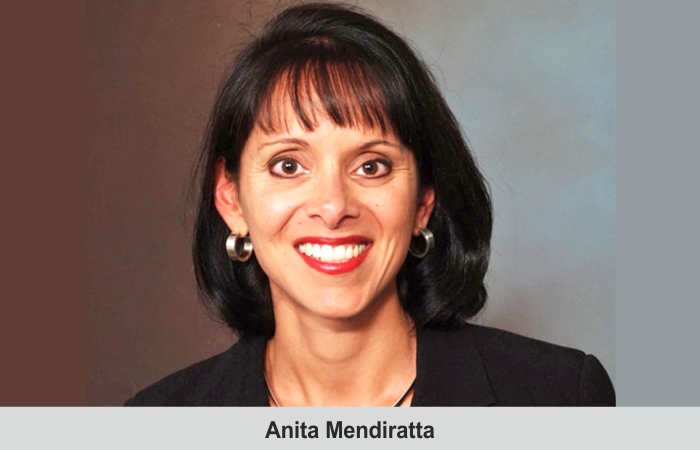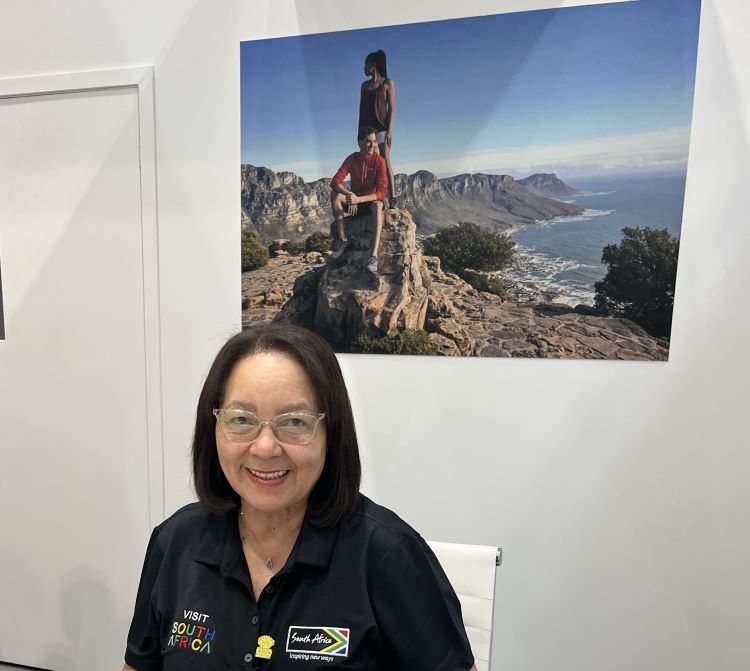Anita Mendiratta, Special Advisor to Secretary General, UN World Tourism Organization (UNWTO), says that now is the time to build trust between both the visitor and the visited, so that each is aware of what to expect from the other, all the while ensuring that protocols are strictly adhered to.
Nisha Verma
A humanitarian crisis that has created a global economic crisis, is Anita Mendiratta’s take on COVID-19. She says that there is no going back to normal now, but there will be a ‘next normal’. “We are still living in the pandemic and are in the process of trying to understand the lifecycle of the actual pandemic, while everything about the vaccine is still unknown,” she adds. According to her, we have to look at the next normal and determine how we can move forward cautiously. “Sadly, this year is going to be an absolute tragedy for travel and tourism. Our industry, which takes care of the employment of one in 10 people around the world, and is critical for lives and livelihoods, has economically suffered eight times the income loss of the 2008 economic downturn. We are losing a million jobs a day,” Mendiratta’s claims.
It is her belief that travel and hospitality will reach their momentum of 2019 only by 2023-24. “We have a long way to go,” she says, adding, “At the height of the pandemic, there were 16,000 aircraft that were grounded around the world, which would now have to look for profitable routes – ones where they would see demand and stability to avoid grounding again. We need to look at which regions are going to be at the forefront of that recovery and momentum. APAC is at the head of the race since there is a lot of regional travel. Sadly, Asia was the first to experience the pandemic.”
Planning for the new normal
“The future of travel is all about space and people feeling comfortable in being separated, maintaining safe distance with the freedom to move and freedom to stretch. It is about recognising that as much as we need to be together, psychologically, we need space. The opportunity in this case is to unblock areas and destinations that may not have been discovered before, places that are remote, less dense in people and allow dispersion. We need to open our destinations to look at the seasons and to new opportunities they provide,” Mendiratta shares.
She also asserts that there is a need to have a better understanding of the protocols and policies at destinations, even around delivery expectations. “This is because with protocols, a lot of emotion with travel and tourism is lost. It is imperative to be sensitive of not just the visitor, but the visited as well. Communication is critical and we must make sure to communicate with both our visitors and those being visited in terms of what they can expect.
Now is the time of communication and not campaigns. Destinations, airlines, airports and attractions can all speak to travellers, focusing on why they are travelling and not where they are travelling. There is a need to create that connection now,” she concludes.
 TravTalk India Online Magazine
TravTalk India Online Magazine





